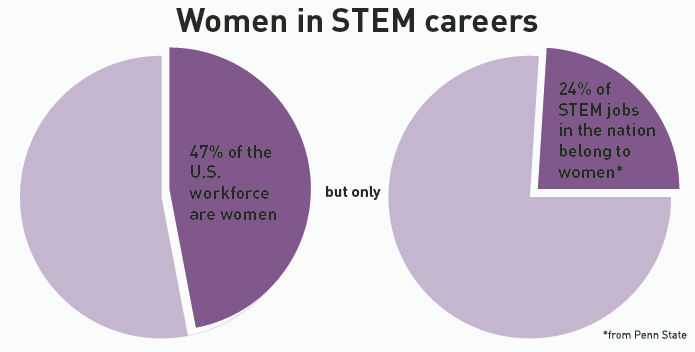Kruzic: Let your voice be heard, join ISU Ambassadors
September 30, 2011
As of lately, there’s been an immense amount
of talk regarding the future of Iowa State, ISU students and the
ISU community as a whole. Between continued cuts to the regents
universities by the Iowa Legislature, a new university president,
questionable governing of the university by the Board of Regents,
and legislation that will foreseeably directly impact students’
lives in the next legislative session, the future experience of ISU
students and graduates is at best questionable.
As multiple aspects of the student experience
have repeatedly been on the chopping blocks, now is a pivotal time
to make sure decision-makers hear what we as students have to say.
The powers that be constantly hear from constituents such as
corporate lobbyists, donors, community members and business owners.
However, historically, a consistent student voice has not been
offered. The individuals determining our experience as students,
community members and citizens are largely unaware of how we wish
to be represented and governed.
One of the many ways to get involved in the
legislative process on varying levels is through the organization
of ISU Ambassadors. Ambassadors, a division of the Government of
the Student Body, “serves as a connection between Iowa State
University, the state legislature and Iowa communities, in a
professional and nonpartisan manner. As an informed resource, ISU
Ambassadors represent and educate students about issues pertinent
to the student experience.”
ISU Ambassadors is an organization that aims
to get students involved and their voices heard in governing
processes that impact us as students.
Ambassadors hope to engage students,
regardless of political affiliation (or lack of), with
decision-makers with the intent of directly impacting rules,
regulations and legislation. Ambassadors will serve as an
information resource for students and the greater ISU community by
learning about the rule-making and legislative process by attending
committee meetings, public forums at the Capitol in Des Moines,
meeting with legislators and Board of Regents officials, and
participating in other meetings or events.
To get students involved in the legislative
process, Ambassadors will host various programming and events. ISU
Ambassadors will hold town-hall style forums to inform and discuss
current events issues with students and the ISU community. In
addition, workshops will be held to educate the ISU community on
how to further issues to rule makers that they feel are important
through activism; these workshops will be focused around topics
such as lobbying, writing letters to your legislator, and community
organizing.
ISU Ambassadors also coordinate and attend
Regent’s Day at the Capitol, an event in which Ambassadors and
representatives from the other regent universities (University of
Iowa and University of Northern Iowa) invite students and other
university community members to meet at the Iowa Capitol to speak
with legislators about issues they feel are important.
In years past, the event has attracted as many
as 300 students. ISU Ambassadors also will tentatively hold social
events such as open debate nights to provide a space for students
to discuss current events, learn from each other’s diverse
paradigms and find the common ground amongst us that undoubtedly
exists.
Though certainly not the only way, ISU
Ambassadors is a great way to start the conversation of student
well-being with your lawmakers, university officials, peers and
community; we are lucky enough to be students at a time when
pivotal decisions will be made that impact our own lives and the
lives of future students. As director of ISU Ambassadors, I urge
you all to get involved and make your voice an integral part of the
future. Applications are due Wednesday and can be picked up in the
West Student Office Space in the Memorial Union.
If you’re unable to serve as an Ambassador,
get involved. Attend ISU Ambassador events, talk to the individuals
governing you, write letters to the editor, engage in debates with
peers; it’s time we made our own voices — that of the student — an
integral part of the conversation regarding our own lives and
futures.









